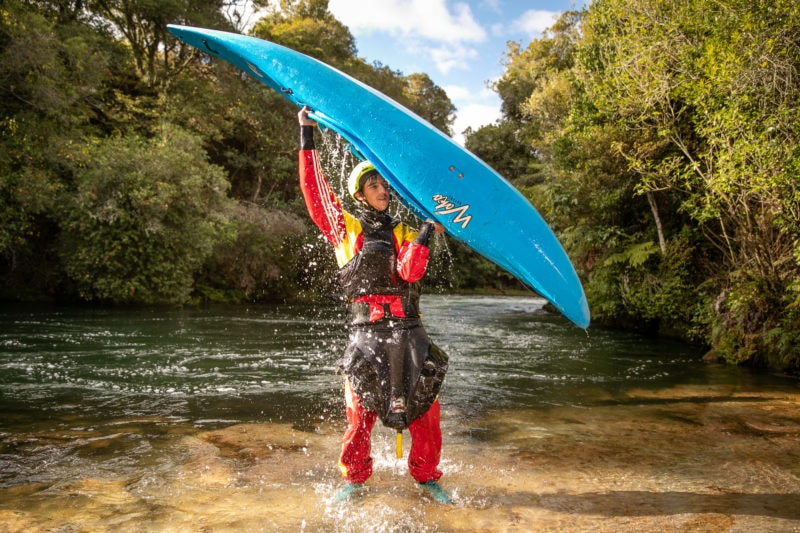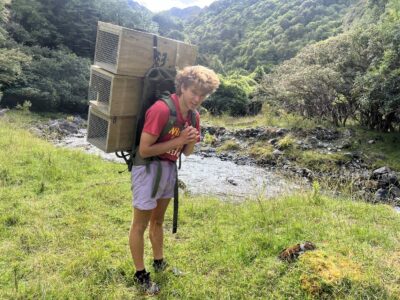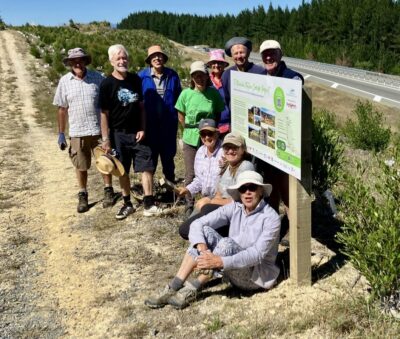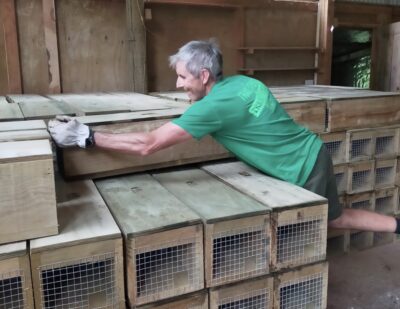With an invasive algal pest called Lindavia or “lake snow” discovered in Lakes Rotoiti and Rotoroa in 2019, safeguarding Nelson Tasman waterways is more important than ever.
Our region is rich in freshwater resources. The Tasman district alone contains more than 9,000km of rivers and streams, along with wetlands, lakes, and aquifers—and all are vulnerable to invasive pests.
Unlike other introduced pests like stoats and possums, threats to our freshwater systems like algae species Didymosphenia geminata (didymo or “rock snot”) and Lindavia intermedia (“lake snow”) can be invisible and spread in a drop of water.
Freshwater weeds such as Lagarosiphon, Egeria and Elodea can be moved around with just a small fragment left on someone’s gear or trailer, and freshwater pest fish can spread as eggs or small fish on wet gear. According to TET’s Elaine Asquith, if left unchecked it doesn’t take much for these pests to get around.
Check Clean Dry and what it means for our region
Elaine’s heading up the Nelson Tasman Check Clean Dry campaign in partnership with the Ministry for Primary Industries (MPI), Tasman District Council (TDC), DOC and Fish & Game. She says it’s vital to limit the movement of freshewater pests and stop them invading other waterways.

“Lake snow is found in Lakes Rotoiti and Rotoroa in the Nelson Lakes National Park. It only takes one droplet of contaminated water or one small piece of the ‘slime’ to infect a new water body,” she says. “There’s a real concern that this will be carried to pristine back country lakes like Rotomairewhenua/Blue Lake and Rotomaninitua/Lake Angelus.”
Rotomairewhenua/Blue Lake is world-renowned for its clarity and also has high cultural significance for local Māori.
“We’re asking anyone coming in contact with freshwater to be extra vigilant about cleaning their equipment and gear, to prevent introducing something new or taking away something to share elsewhere,” says Elaine.
“Didymo has been our warning. If we don’t want wave after wave of new pests spread throughout Aotearoa, we need to be traveling clean between waterways.”
10 for 10—MPI’s new cleaning recommendation
A major focus of Elaine’s mahi over the next two months is amplifying MPI’s new 10 for 10 message.
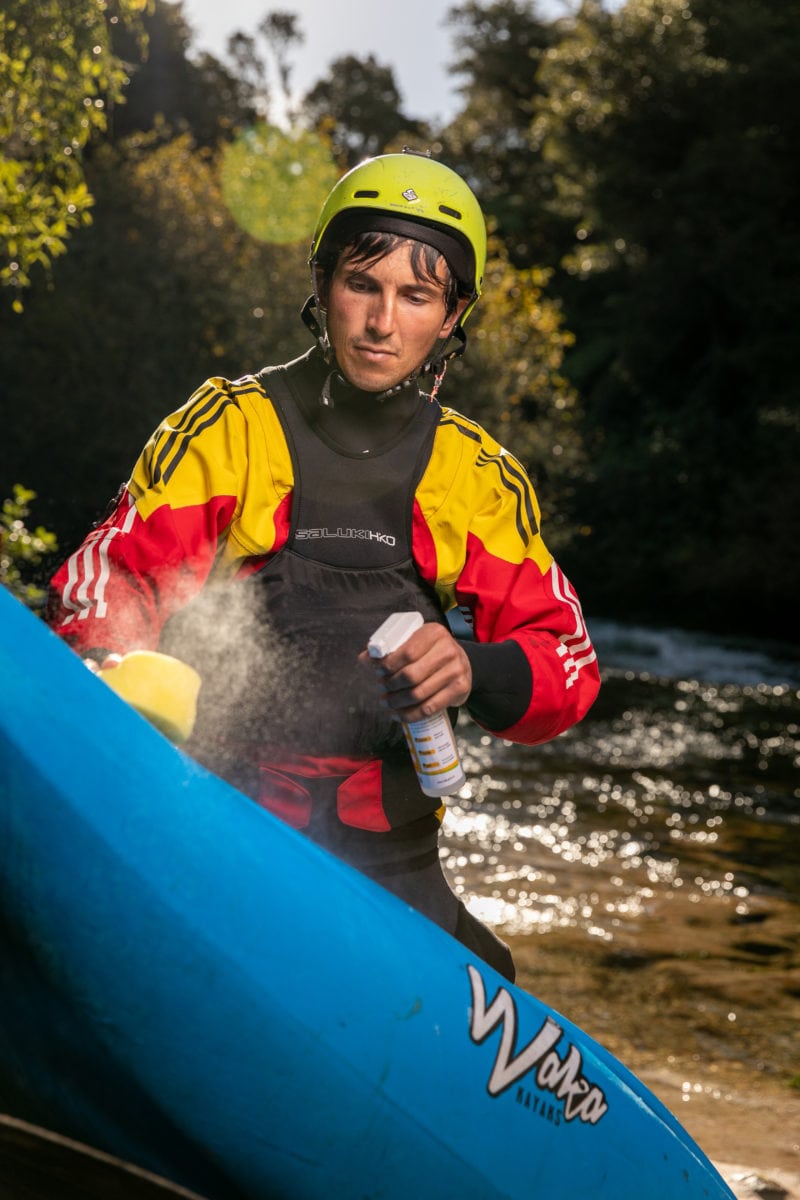
“If you use dishwashing detergent to clean your gear, the recommendation now is that you increase the concentration of detergent in the water to 10% and leave the item wet for 10 minutes,” she says. “This is based on research findings from NIWA. Lindavia is harder to kill than didymo.”
She points out that our relatively mild climate means people can get out and about all year round, and quite often their activities will involve water in some way.
“Backcountry tramping, packrafting, kayaking, jetskiing, fishing, boating, biking, 4WD trips—all these activities potentially spread pests,” she says.
“Nelson Tasman communities are already heavily invested in land-based conservation work, and that’s part of what makes this region so special,” she says. “Now we’re just asking people to also be mindful of safeguaring our precious waterways.
“Just remember: Check Clean Dry and 10 for 10 to help keep our freshwater systems pest-free.”

